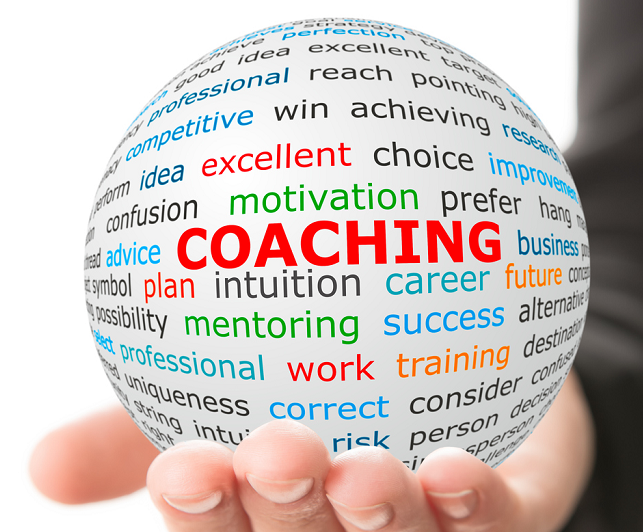John was very successful. Through many years of hard work and sacrifice, he had risen through the ranks and held the title “corporate officer†in a Fortune 100 company. He had a wonderful wife, three great children and a big house in the most expensive part of town. Most Saturdays he played golf at a private country club. Life was good… or so it seemed.
Sally Spencer, the Vice President of HR at John’s company, called me one morning to ask if I would be able to take on a new client. His name was John Matthews. Sally had engaged me on earlier coaching engagements and thought it would be beneficial if John received some coaching. John was being considered for a promotion but she was hesitant to give her endorsement. I asked about her reservations and she said it was unsettling that over the past 12 months, several of John’s key employees had resigned from the firm. In exit interviews, they all complained about John’s management style. I agreed to have a talk with John to see if we might want to work together. I asked Sally to set up the meeting.
His body language and the tone of his voice told me that John was not looking forward to having an executive coach. Most likely, he thought it would be a waste of time. How could I break the ice and get this “chemistry meeting†off to a positive start, I wondered?
When I walked into his office I happened to see a signed flag from the Master’s golf tournament, framed and hanging on his wall. Golf was going to be the icebreaker!
“Johnâ€, I said, “I see you like golf. I do too but last year I almost gave up the game for good.†“Why’s that, “ he asked. “Well, I developed this terrible shank that I just couldn’t get rid of. It was so frustrating. One of my golfing buddies felt my pain and recommended a golf professional that he had worked with in the past. It took several lessons, but with the help of this coach, I was able to break the habit and now have fun again playing golf.â€
I sensed that John was warming up to me and for the next hour or so we had an open discussion about the challenges of corporate life and teenage children who won’t talk to you. I started to get a pretty good picture of where John found himself both professionally and personally. I now turned to the future: where does John want to see himself one year from today, 5 years from now, 10 and 20 years in the future?
“John, the objective of our meeting today is to see if we want to work together over the next 6 to 12 months. If you aren’t interested, that’s ok. I totally understand,†I said. “Before you answer, let me tell you a bit about how I coach executives and what my expectations are. Are you ok with that?†I asked. “Sure, go ahead, I’m listening.†John said.
“My passion in working with executives like yourself is to help them grow, both professionally and personally.†I said. “I don’t want any of my clients looking back after a long career and saying: ‘Man, I wish I would have done that differently.’ Or: ‘If I would have only done _________________, things would be much better today.’†I added.
“The further up you get in a company the less your success is based on your skills and experience but rather on your behavior. And just like I had to break the habit of a bad golf swing, executives are often held back by one or two bad behaviors.†I explained. “Together with my client, we figure out what this career limiting behavior is and then take actions to change the behavior, forever. This process can be very difficult and painful but I’m there to not only support my client but also hold them accountable. But, without their full commitment, the coaching won’t work.†I said.
“A successful career is only half of the equation.†I added. “There has to be a healthy balance between professional and personal success. If you get to the end of your career and your kids won’t speak with you because you were never there for them, then, in my eyes, your career was not very successful. Or, if you retire and figure out that you really don’t have any friends because you never invested in personal relationships, then you haven’t done a good job balancing your professional and personal life.†I suggested. “To summarize: my coaching is all about figuring out where you are today and where you want to be tomorrow, AND, what’s holding you back from getting there? I concluded.â€
John did agree to start the coaching engagement and over the next 12 months we peeled back the onion on several of the issues that were blocking his professional and personal growth. We had phone calls every 2-3 weeks; we agreed on key action items for him to address; I held him accountable to achieve these goals. The journey wasn’t always easy but he knew that I was there to support him with open and honest feedback.
Once we finished the coaching engagement, John was ready for the next promotion. And, if the promotion didn’t come, he was ok with that too!
The improvements that stem directly from coaching engagements can have a life-long impact on the individual and add tremendous benefit to the company, and those they lead.
